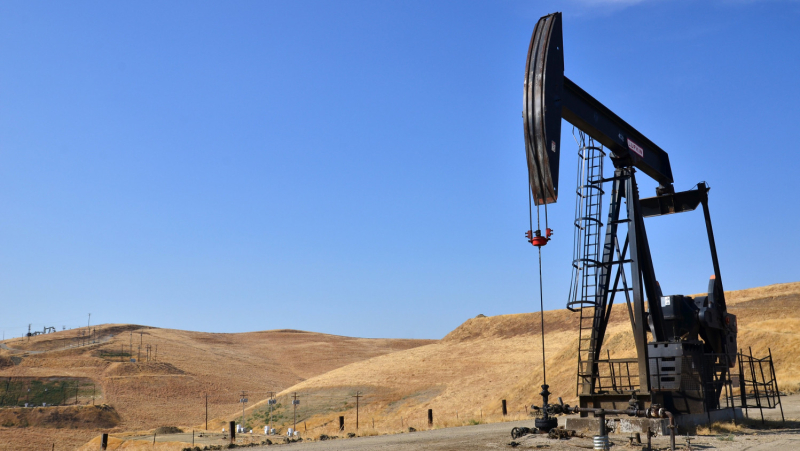Zeroing In

The International Energy Agency’s new Net-Zero Emissions by 2050 scenario, published in May 2021 and incorporated in the World Energy Outlook published in October, sparked wide debate on the future of oil and gas. It made headlines with the finding that oil and gas in already-producing or under-development fields will be sufficient to meet demand in a world that limits warming to 1.5ºC. There is no need for any new oil or gas fields to be developed after 2021. This briefing aims to give financial institutions an overview of the new scenario and what it means for corporate, investor and lender capital allocation decisions and engagement, especially in oil and gas.
Finance sector calls for a 1.5°C scenario
The importance of the Paris Agreement’s goal of limiting warming to 1.5°C was further underlined by the publication of the Working Group I report of IPCC’s Sixth Assessment Report in August 2021, which warned that while human-induced climate change is already affecting weather and climate extremes, there will be increasing incidence of unprecedented extreme events even at warming of 1.5°C, and these extremes will get worse for every additional fraction of a degree of warming. For example, concurrent extremes of heatwaves and drought will be more frequent at 2°C than 1.5°C, including in crop-producing areas.
Investment decisions are increasingly shaped by the use of scenarios, especially in relation to the uncertainties of the energy transition in response to climate change. Through initiatives such as Climate Action 100+ and following the recommendations of the Task Force on Climate-Related Financial Disclosures, financial institutions use scenarios to test the robustness of their portfolios against a range of possible futures. Since 2020, many financial firms have announced “net-zero by 2050 or sooner” ambitions and high-level commitments to align financing practices with the Paris Agreement.
However, there has been a shortage of user-friendly scenarios aligned with 1.5°C. One of the most influential projections of future trends in energy systems is in the International Energy Agency’s (IEA) annual World Energy Outlook. It is popular because it presents data in a form that is readily digestible for use in policy and investment decisions. Over recent years, numerous investors and investor groups have asked the IEA to publish a scenario aligned with the 1.5°C temperature limit, and were a key influence on the IEA’s decision to do so. Until the Net-Zero Emissions (NZE) scenario, the IEA did not publish any scenarios aligned with the ambition of the Paris goals, and so the World Energy Outlook misdirected energy investments and policies.
Until publication of the NZE, the IEA’s previous climate scenario, known as the Sustainable Development Scenario (SDS), was designed to align with the upper limit of the Paris goals: keeping warming well below 2°C. The emissions trajectory of the SDS does not match what is needed to meet the 1.5°C ambition, but the NZE’s does (with a 50% probability of limiting warming to 1.5°C). That is not to say that the NZE is without flaws – like the SDS, it relies on some questionable assumptions – but rather that its ambition is correctly aligned.
